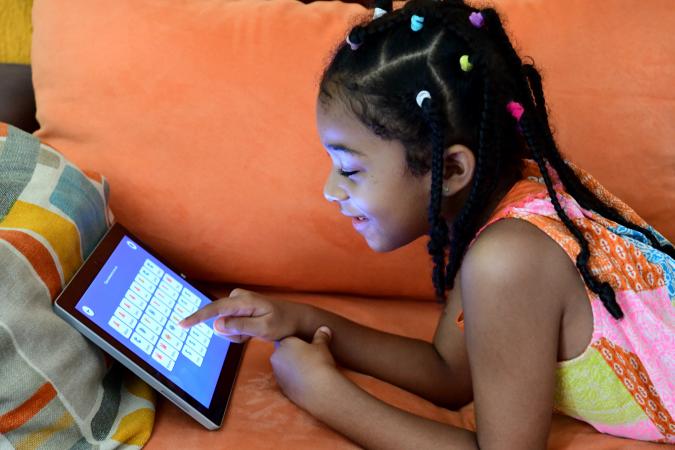Millions of children are at increased risk of harm as they spend more time online during the lockdown related to the coronavirus (Covid-19) pandemic, according to a report issued by the United nations children’s organisation Unicef.
“The coronavirus pandemic has led to an unprecedented rise in screen time,” said Dr. Howard Taylor, executive director of the Unicef Global Partnership to End Violence.
“School closures and strict containment measures mean more and more families are relying on technology and digital solutions to keep children learning, entertained and connected to the outside world, but not all children have the necessary knowledge, skills and resources to keep themselves safe online.”
Online harassment, as well as grooming of children by sexual predators, is a problem even in normal times, leading to parents being advised to take action including limiting screen-time, installing parental controls and keeping a close eye on children’s online behaviour.
But as the closure of schools, the disappearance of out-of-school activities like sports or ballet class, and strict social distancing measures reduce the opportunities for face-to-face relationships with their peers, children more and more seek opportunities for contact online, sympathetic parents (who are in the same predicament) relax controls and criminals, ever attentive to the latest trends, move in to take advantage.
“Under the shadow of Covid-19, the lives of millions of children have temporarily shrunk to just their homes and their screens. We must help them navigate this new reality,” said Unicef Executive Director Henrietta Fore.
“We call on governments and industry to join forces to keep children and young people safe online through enhanced safety features and new tools to help parents and educators teach their children how to use the internet safely.”
The organisation recommends actions at various levels:
Government: ensure child protection agencies remain open and accessible during the pandemic. Make sure schools, other agencies, parents and children are aware of reporting mechanisms.
IT and social media: enhance safeguard measures, promote child safety tools and enforce those already in place, some of which (the minimum age of 13 years to have a social media account) are more lip-service than anything else.
Parents: install software updates and antivirus software to minimise intrusions by third parties. Establish clear rules on internet use and enforce them. Inform yourself on reporting mechanisms. Talk to your children (in an age-appropriate way) to make them aware of the danger, and to encourage them to come to you if anything untoward happens online.
Alan Hope
The Brussels Times

